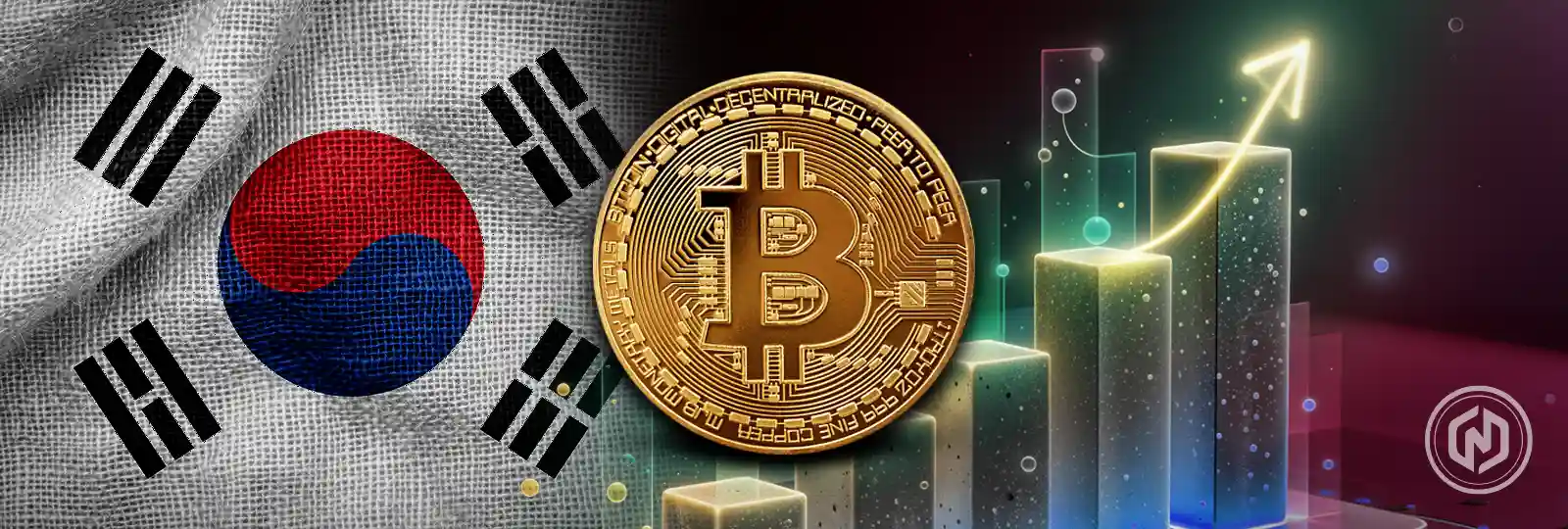The South Korean bitcoin market has lately grown unstable given the acute political instability in the country, a development that promotes steeper price swings as well as a lower chance for arbitrage. As CryptoQuant reports, the prices of bitcoin on most of its exchanges last week oscillated above 15%. A world average was about only 5%.
This volatility is mostly because of growing political uncertainty, and investors fear instability in the economy. The increase in public protests and leadership challenges have caused panic buying and selling of digital assets due to a sense of sudden change in the regulatory systems.
#Bitcoin kimchi premium hits an all-time low.
Shouldn’t Bitcoin go up during times of political instability?
Why did the people selling now even buy Bitcoin in the first place?🤷♂️ pic.twitter.com/p8wNTGqmuq
— Ki Young Ju (@ki_young_ju) December 3, 2024
The near elimination of the ‘Kimchi Premium’-a phenomenon wherein bitcoin always traded at a 10-20% premium to those on South Korean exchanges-and how this premium has shrunk from levels above 0.5% and can even be seen as dwindling through increased market access as well as tighter regulation that may have reduced profitability to these arbitrage opportunities thereby increasing susceptibility to local price movement is all adding to the instability in markets.
According to Analyst, the contraction by 20% in arbitrage activity has resulted in lesser liquidity on South Korean exchanges and has worsened volatility. This is all the more adverse for investors since tougher AML and KYC regulations may result in lesser trading and reduced participation in the market.
Analysts warn that unless political stability returns and clear regulations are drafted, volatility in Bitcoin in South Korea will remain. For now, the traders gear up for more turbulence as the nation’s crypto market navigates one of its most turbulent periods.

